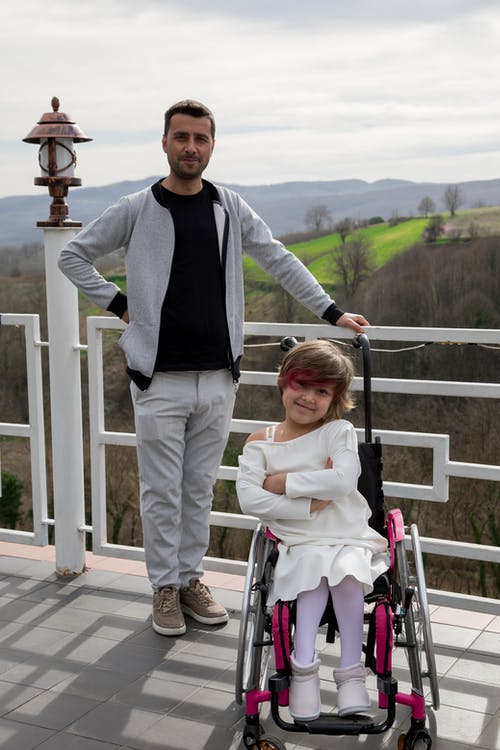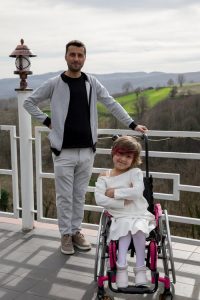
As a family, it is important to take care of people with disabilities. Assisting the elderly and
disabled means that they can get out of their homes, do their daily chores, stay healthy, and
have fun doing so. These caregivers offer a variety of services, including gardening, swimming,
massage therapy and housekeeping. To help an elderly friend or relative with these tasks, you
can hire a caregiver. A caregiver will be trained to meet the needs of disabled people and will
work within their budget.
Caring for a disabled person requires a high level of patience and understanding. It is not
enough to just provide food and drink. They will be frustrated, anxious, and need a sense of
control. Caring for a disabled person is registered ndis provider. However, you must remember to take care
yourself. Taking care of disable people is not an easy task. Before you begin caring for a family
member with a disability, ensure that you are taking care of your own needs.
Caring to someone with disabilities can be difficult, especially if you are not familiar with the
process. With a little Armadale NDIS , it is possible to provide exceptional care for a loved one with
disabilities. To be a good advocate for the disabled person, learn as much as possible about
their needs. Be sure to ask questions, and be respectful of their needs. It might surprise you how
much it can make a difference in your relationship.

Caring for disabled people requires learning about the condition they have. Knowing the person’s
needs can help provide better care and compassion. By taking time to learn about their
disabilities, you can help them overcome their disabilities. You can help them remain
independent as long as they receive good care. You will need to be able identify the triggers that
cause sensory disorders. This is why you should do some research. And, finally, you should
remember that it’s the disabled person who needs special attention and care.
It is easy to overlook the positive aspects of caring for a disabled person. While it is rewarding,
the person with a disability will likely feel less self-confident than they did before the disability. As
a result, they will feel less competent. The loss of their own competence may be difficult to
accept, but it’s also a normal part of caring for a disabled loved one.
A caregiver may experience feelings of overburdening, anger, and frustration while caring for a
disabled person. Caring for a disabled person takes tremendous energy and can lead to feelings
of loneliness and anger. Caregivers should not feel isolated in this struggle. Support groups can
be a great way to help family members and cope with these issues. There’s always help
available for those who need it. If you are the caregiver you can always ask others for help.
A community-based assisted living facility provides a less restrictive environment. These
facilities allow disabled people to live life with some freedom. For example, at Martha’s Place,
patients write letters while 1960s records play. They also color their faces when arguing. These
individuals enjoy a certain routine. Patients may not be able to communicate effectively with
their caregivers if they aren’t there. The staff have developed their own language to
communicate with each other.
Caregivers have the option to access social security funds for the care and support of disabled
persons. As long as caregivers are legally responsible for the disabled individual, they can apply
for disability benefits. But before applying for SSDI, it’s important to gather information about the
disabled person and his or her life history. The Adult Disability Starter Kit contains a checklist
that will help you fill out the online application. Also included are a disability checklist and current
financial statement.
Tanzania has a dearth of specific literature on the family and intellectual disability. Most of the
literature on the subject comes from minority-controlled countries and is not relevant to this
context. Yet, this doesn’t mean that the Western world literature on caregiving is irrelevant to the
Tanzanian situation. It does provide a foundation for understanding caregiving. The research on
families caring for disabled children in Tanzania identifies a number of important support needs.
